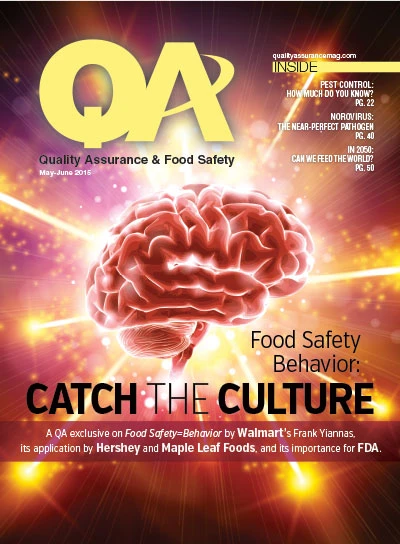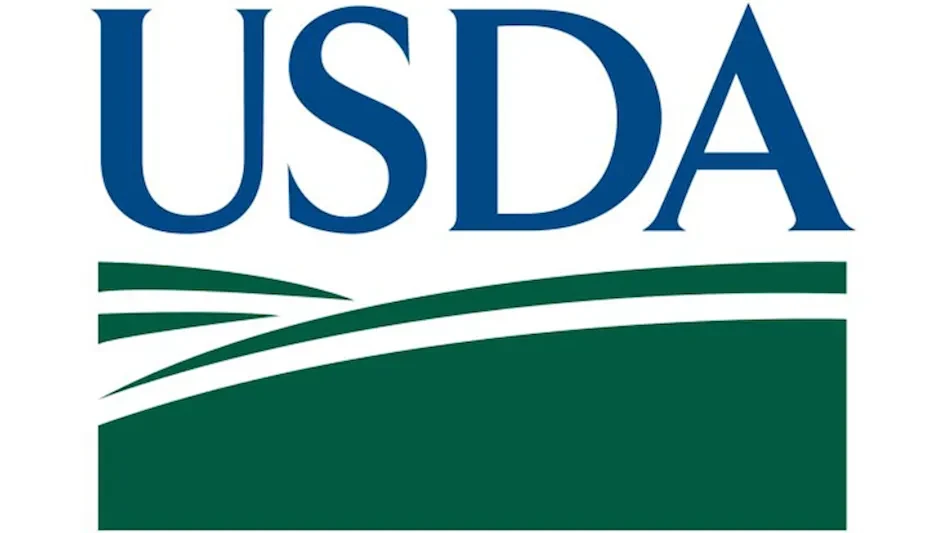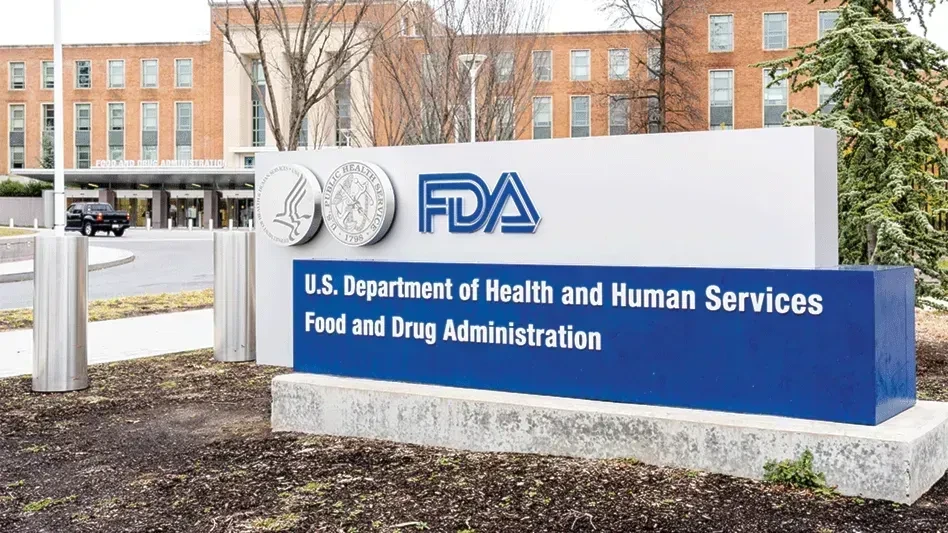As I am sure many are aware, China has made some major changes to its food safety system in recent years. Much of this stemmed from issues that started with melamine in infant formula, which, along with others, catalyzed the Chinese government to make changes to both its food safety laws and the infrastructure that enforces the laws. Let me state up front that, in the time I have worked in China and with the Chinese government, they have moved light years ahead of where they were. The food industry in China, and the regulators, have made many great changes to improve food safety. But building robust food safety programs is difficult and no more so than in a country as vast as China with such a diverse and widespread network of farmers and manufacturers.
As part of this ongoing process, China has passed a new Food Safety Law which, similar to FSMA, is considered to be one of the most significant in its history, and, in China’s case, also the most stringent. Even members of the Standing Committee of the National People’s Congress, which passed the regulations, have said it contains China’s “toughest ever” food safety-violation punishments. The regulations, which are an amendment to China’s Food Safety Law, take effect October 1, adding 50 new provisions to the law.
Interestingly, there are a number of similarities between China and the U.S. in the passage of new laws. Public outcry over food safety issues is a distinct commonality, and both FSMA and China’s Food Safety Law Amendments are, at least in part, attempts to address this. As illustrated by food safety conferences held in April in both China and the U.S., the need is increasing for integration, collaboration,relationship building, and trust among food regulators, industry, and other stakeholders. In fact, in both countries, the new laws will have little impact without coordination between federal and local governments. For example, the China Food and Drug Administration (CFDA) is responsible for enforcing the law and penalties, but the National Health and Family Planning Commission monitors for food safety risks. This will require robust communication to be effective—as is true with the U.S. FDA and FSIS. However, communication is sometimes good and sometimes not so good, with much of that being personality driven which makes it difficult to implement.
China’s Food Safety Law.
Some of the most significant changes in the China’s new law include a reward system for whistleblowers—with identity and rights protected; lowered recall thresholds— with “evidence to prove the food is potentially hazardous to human health”; mandated food traceability; GMO labeling; new infant formula milk powder rules; and higher dollar amounts allowed on consumer damage compensation—from the producer or retailer.
Additionally, increased penalties go into effect, including some new personal penalties, of detention or fines for serious violations (such as adding of an inedible substance to food or using expired food ingredients or additives); manufacturers can be fined up to 30 times product value; property owners and suppliers can be held responsible; and officials who “fail to do their duty” can face stricer repercussions.
Changing the Culture.
In some ways the new law will make Chinese business interaction easier. But China has some distinct and ingrained characteristics which will require change or adaptation—both Chinese adaptation to the new laws and U.S. adaptation to China’s culture. One example is the regulatory inconsistencies between the national government and provinces, and between provinces (as we see between states). While the law may ease some of this, it will require enforcement at the province level, and businesses may still find that having met all national requirements, they’re not meeting stricter provincial rules.
At least the new government focus is clear, and it is a shift from the early days of melamine in pet food when I heard more than once that the issues around Chinese food safety could be controlled by “getting the U.S. media and Congress under control” and there was a lack of a coordinated system from farm to production to retail—which the new law’s traceability mandates should start to improve.
However, I have to wonder if China’s continued focus on punishment really acts as a reasonable deterrent. I understand the Chinese culture of punishment in relation to food safety, and they will run their systems as they see best as we try to do in the U.S. However, I think there are times when they go a little too far—and when we don’t go far enough. In the early days of FSMA writing, there was language that would increase the consequences of producing unsafe food, but it did not survive the law-making process.
All these changes in China are clearly a move in the right direction. And when you consider the number of years it has taken the U.S. to work its way to a preventive, food safety culture-based system—which is still evolving, is it fair or even practical to expect China to make such massive changes overnight? What is clear to me is that China is committed to change, and they are changing fast and in many very positive ways and should be congratulated for that. In fact, even with their massive complex system, the Chinese are making changes faster than we are in the U.S., and that is impressive.

Explore the June 2015 Issue
Check out more from this issue and find your next story to read.
Latest from Quality Assurance & Food Safety
- Ferrero Group Invests $445 Million in Ontario Production Facility
- Nelson-Jameson Announces Grand Opening for Pennsylvania Distribution Center
- Taylor Farms Linked to Romaine E. coli Outbreak as Marler Clark Files Multiple Lawsuits Against Supplier
- IAFNS Announces Winners of Emerging Leader Awards for Food Safety, Nutrition
- FDA Shares Testing Results for PFAS in Bottled Water
- Provision Analytics Adds Food Safety Expert Jennifer Williams to Strategic Advisory Group
- Boston Sword & Tuna Protects Seafood Safety with Mettler-Toledo Metal Detectors
- IFT Releases New Resources to Aid Food and Beverage Industry in Sugar Reduction





